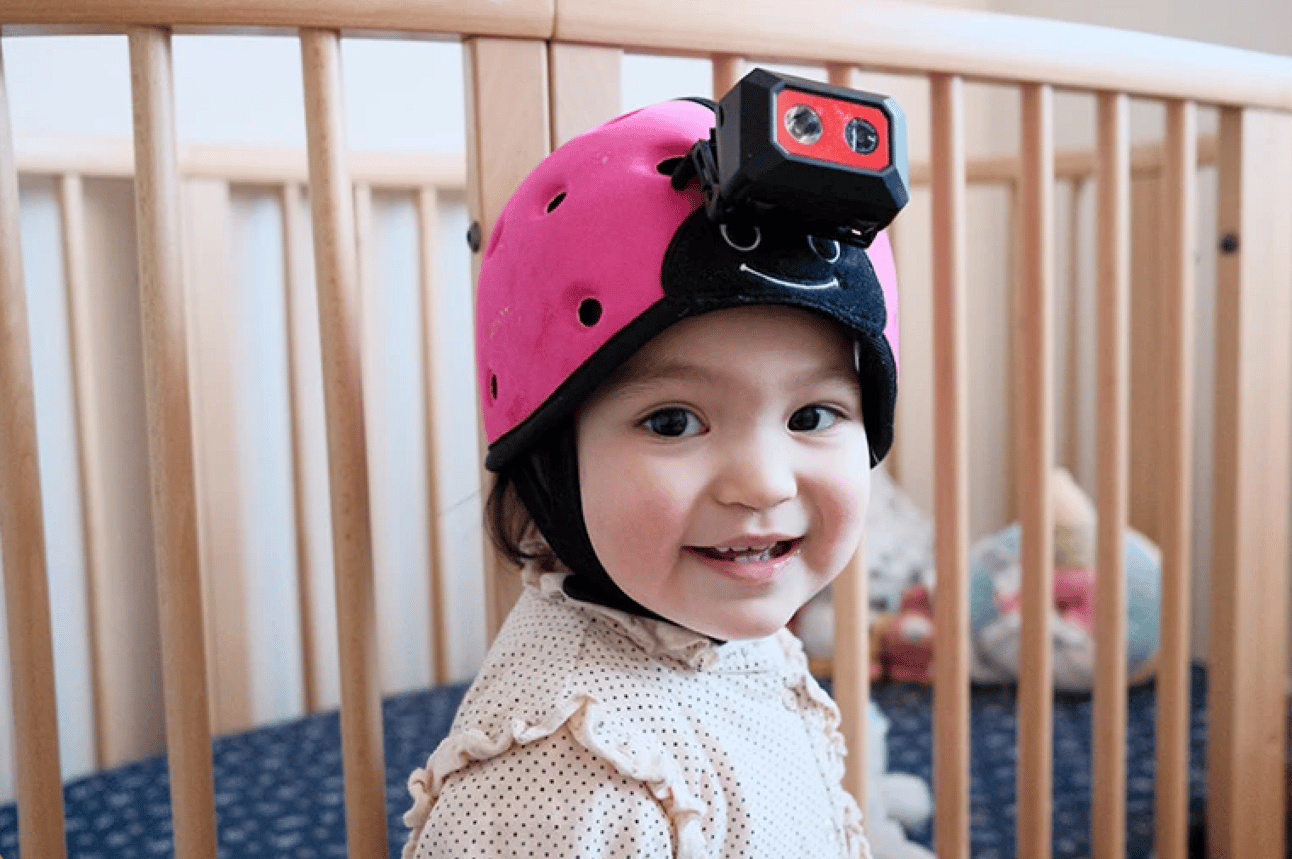
Greetings! Did I hear your stomach grumbling? … I think it’s time to munch on some AI updates. 🍽️
🤯 MYSTERY AI LINK 🤯
(The mystery link can lead to ANYTHING AI related. Tools, memes, articles, videos, and more…)
Today’s Menu
Appetizer: The world’s first AI child 👶
Entrée: AI model learns language from a baby’s perspective 👶
Dessert: 80% of VC pitches include AI 🤖
🔨 AI TOOLS OF THE DAY
📧 AI Email Writer: Effortlessly compose emails for various purposes in customizable tones and lengths. → check it out
🎞️ Rick and Mortify: An AI-driven playground where fans can generate new and exciting episodes of the beloved animated series, “Rick and Morty.” → check it out
✍️ Safe Spelling: Detect and correct spelling errors in your text instantly. → check it out
THE WORLD’S FIRST AI CHILD 🍼
Q: What does a baby computer call her dad?
A: “Data!” 💻
What’s new? Chinese scientists have pushed the boundaries of AI, birthing the world’s first virtual AI entity, named “Tong Tong.”
Want more details? Introduced at the Frontier of General Artificial Intelligence Technology Exhibition in Beijing, Tong Tong showcases behavior and skills that evolve through continuous interaction with humans and exploration of her environment. Aptly translating to “little girl” in English, Tong Tong possesses the ability to autonomously undertake various tasks, mirroring the actions of a three or four-year-old child. From exploring her digital surroundings to organizing rooms and tackling stains, Tong Tong exhibits behavior and capabilities that evolve through interactions with humans via cause and effect, a process known as “autonomous learning.” On a deeper level, Tong Tong’s ability to discern right from wrong, express attitudes, and shape the future adds a new dimension to the ongoing debate surrounding AI development and implementation.
AI MODEL LEARNS LANGUAGE FROM A BABY’S PERSPECTIVE 👶

The AI learned using video and audio from a helmet-mounted camera worn by Sam, aged 18 months in this photo. (Credit: Wai Keen Vong)
We aren’t done talking about children! 🚼
What’s up? Researchers at New York University have demonstrated that an AI model can learn to recognize words by studying headcam recordings of a baby’s life.
How did this work? Unlike other language-learning models that rely on vast amounts of data, this AI model—inspired by the structure of the brain—learned associations between images and words by analyzing 61 hours of recordings from a baby. The baby, Sam, reportedly wore the camera for around “one hour twice each week (roughly 1% of [the child’s] waking hours), from the age of six months to around two years.” During this time, the AI model was exposed to 250,000 words and corresponding images and successfully classified objects 62% of the time, surpassing expectations and rivaling models trained on much larger datasets. Despite this success, the study acknowledges limitations, highlighting that real-world language learning involves richer interactions than the AI’s static images and text correspondence. Nonetheless, the findings open exciting possibilities for refining AI models to align more closely with the complexities of human learning. Wai Keen Vong, co-author of the study, believes this research also sheds light on how humans learn and challenges cognitive science theories about the necessity of innate language knowledge in babies.
80% OF VC PITCHES INCLUDE AI 🤖

The business world is becoming a giant “Shark Tank” of AI … 🦈
What’s new? Mamoon Hamid and Ilya Fushman, veteran venture capitalists at Kleiner Perkins, revealed that more than 80% of the pitches they currently receive are centered around AI.
Why? Hamid likens this shift to the internet boom in the late 90s: “To be fair, if you were building a company in 1996 and you didn’t mention the internet, you’d be out of your mind, right? In the same vein, not mentioning AI or utilizing it would be a missed opportunity.” These insights align with the broader trend of big tech companies heavily investing in AI, with Meta CEO Mark Zuckerberg expressing optimism about the long-term payoff of such endeavors. Zuckerberg envisions a future where AI seamlessly integrates into everyday experiences, serving as virtual assistants for individuals, businesses, and developers alike.
TWITTER (X) TUESDAY 🐦
HAS AI REACHED SINGULARITY? CHECK OUT THE FRY METER BELOW

The Singularity Meter rises 2.0%: AI stocks continue to explode in value.